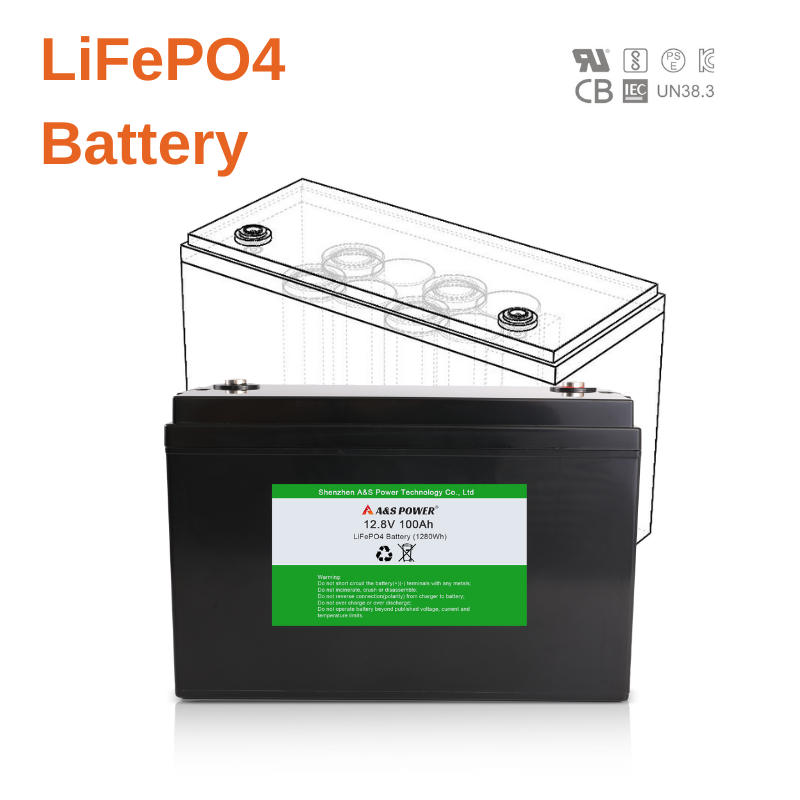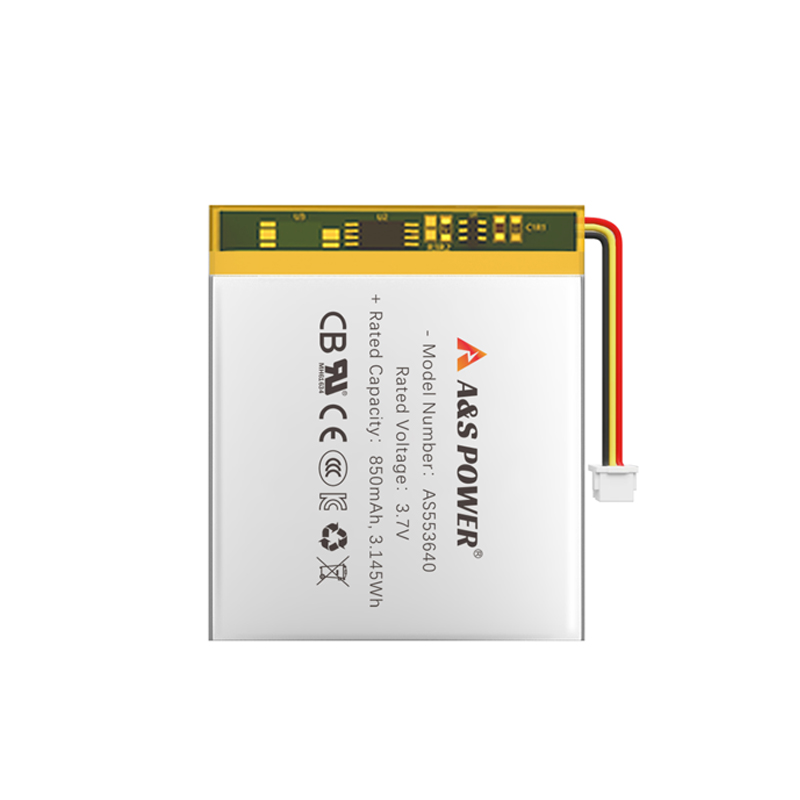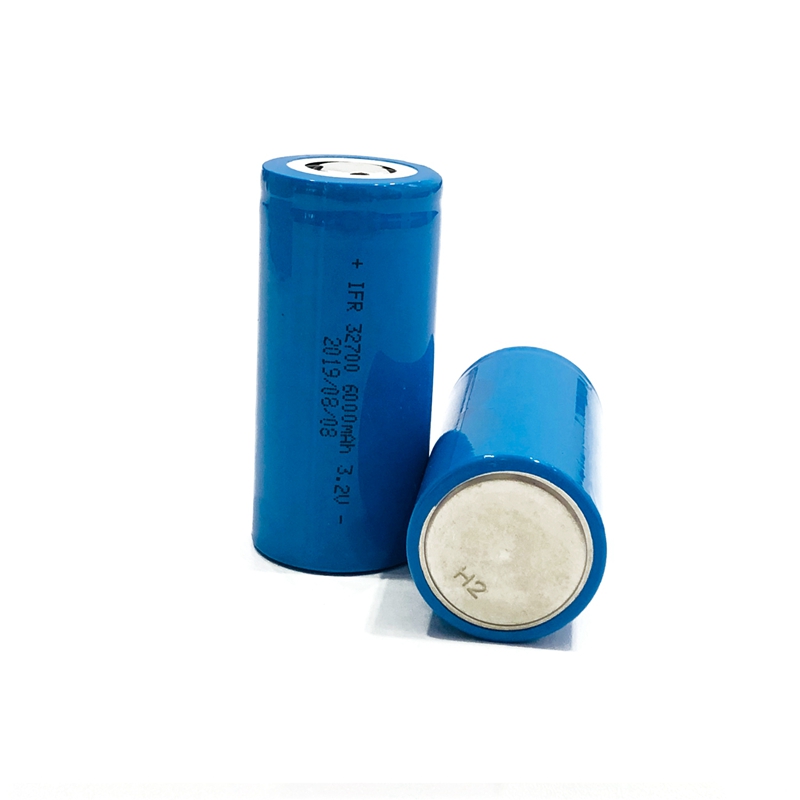Battery
Application
Hot product
Contact us
The Application and Significance of 26650 and 21700 Lithium - Ion Batteries in Medical Products
2025-02-12
In the context of rapid technological progress, the medical field is experiencing continuous innovation, with a plethora of advanced medical devices being developed. Among the key enabling technologies for these devices, 26650 and 21700 lithium - ion batteries have emerged as crucial components, playing a significant role in powering various medical applications. This article aims to comprehensively explore the applications, advantages, challenges, and future prospects of 26650 and 21700 lithium - ion batteries in the medical industry.
I. Technical Characteristics of 26650 and 21700 Lithium - Ion Batteries
26650 Lithium - Ion Batteries
The 26650 lithium - ion battery is named according to its physical dimensions, with a diameter of 26 mm and a length of 65 mm. It is characterized by a relatively high energy density, typically ranging from 200 - 260 Wh/kg. This allows it to store a substantial amount of electrical energy within a compact form factor. Some high - capacity 26650 batteries can achieve a capacity of up to 5000 mAh, which makes them suitable for medical devices that demand extended and continuous power supply. For instance, in a continuous - glucose - monitoring system designed for diabetes patients, a 26650 battery can power the device for over a week, providing real - time glucose level data.Moreover, these batteries exhibit a stable discharge rate. The voltage remains relatively constant during discharge, usually within a narrow range of 3.0 - 4.2 volts. This stability ensures a consistent power output regardless of whether they are powering low - power - consumption monitoring devices or high - power - consuming diagnostic equipment. In an electrocardiogram (ECG) monitor, the stable power from a 26650 battery ensures that the electrical signals captured from the heart are accurately recorded, with minimal interference from power fluctuations. This stability is essential for maintaining the accurate and reliable operation of medical devices.
21700 Lithium - Ion Batteries
The 21700 lithium - ion battery, with a diameter of 21 mm and a length of 70 mm, has gained increasing prominence in recent years. It offers an even higher energy density compared to some traditional lithium - ion battery models, reaching up to 300 Wh/kg in some advanced versions. This allows for more energy storage in a relatively smaller volume. High - performance 21700 batteries can also reach a capacity of approximately 5000 mAh.The 21700 battery is known for its excellent cycle life. It can endure over 1000 charge - discharge cycles with minimal degradation in performance. This characteristic makes it highly suitable for medical devices that are frequently used and require long - term, reliable power sources. In a portable defibrillator, which needs to be ready for use at all times, a 21700 battery can maintain its performance over many years of standby and occasional use, ensuring that the device is always operational when needed.
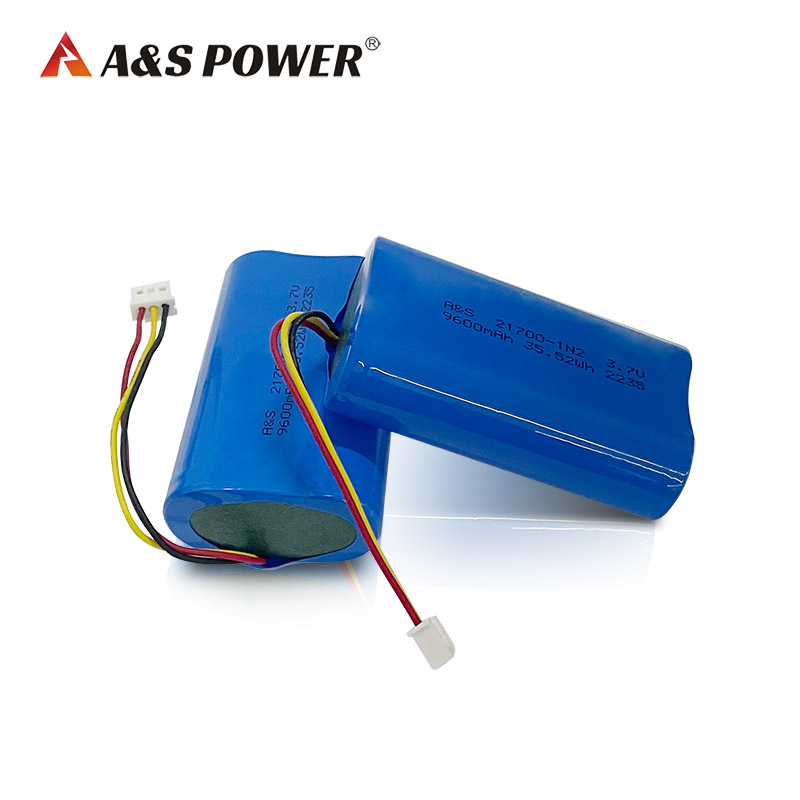 | 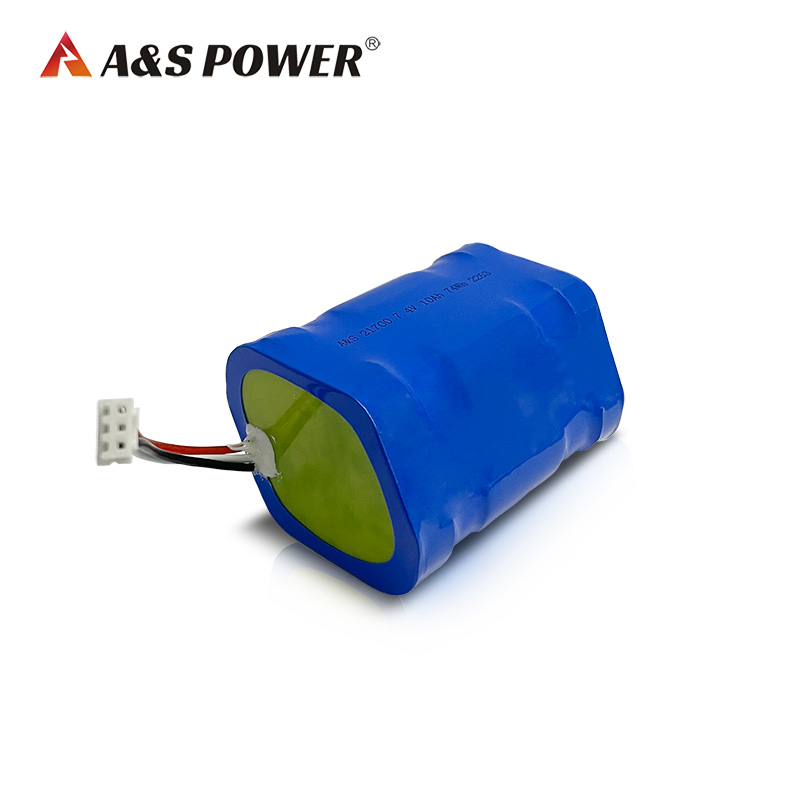 | 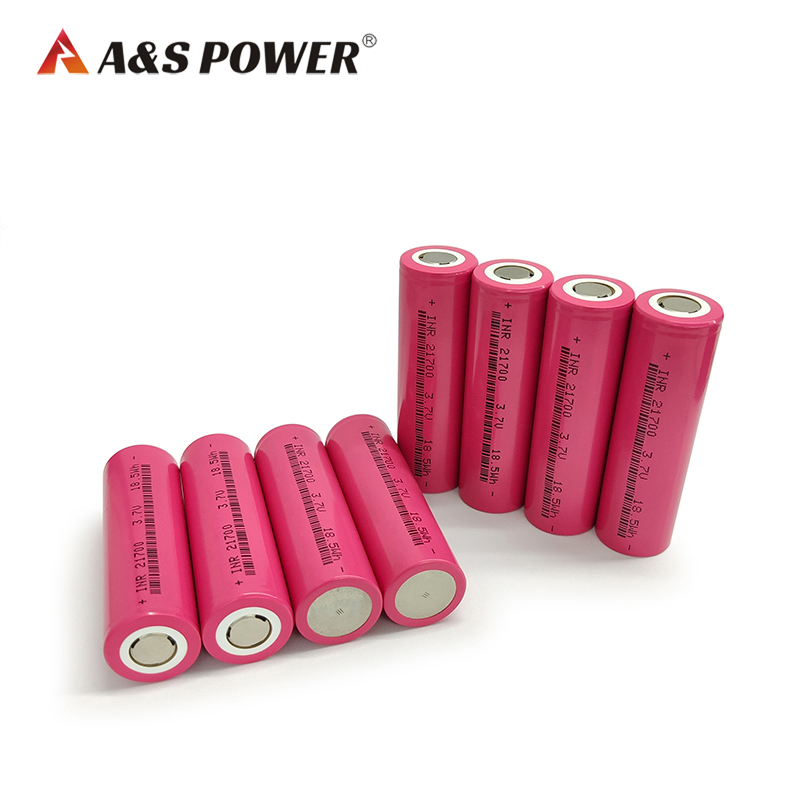 |
II. Applications in the Medical Field
Portable Medical Monitoring Devices
Heart Rate Monitors
For patients with cardiac conditions, portable heart rate monitors are essential for continuous health monitoring. 26650 and 21700 lithium - ion batteries serve as the power sources for these monitors. The high energy density of these batteries enables the design of compact and lightweight heart rate monitors, which are convenient for patients to carry during daily activities and exercise. A heart rate monitor powered by a 21700 battery can operate continuously for several days on a single charge, providing patients with uninterrupted monitoring capabilities. In a recent study, it was found that patients who used heart rate monitors powered by 21700 batteries were more likely to adhere to their monitoring regimens, as they did not have to worry about frequent battery replacements.Blood Glucose Monitors
Accurate blood glucose measurement is crucial for patients with diabetes. The stable discharge rate of 26650 and 21700 batteries ensures the precise operation of blood glucose monitors. A stable power supply is essential for the accurate electrochemical reactions within the monitor, which are necessary for obtaining reliable blood glucose readings. A blood glucose monitor powered by a 26650 battery can maintain its measurement accuracy over an extended period, reducing the need for frequent battery replacements and minimizing the risk of measurement errors due to unstable power. In some resource - limited areas, the long - lasting nature of these batteries in blood glucose monitors has been a game - changer, as it reduces the cost and logistical challenges associated with battery replacements.Implantable Medical Devices
Pacemakers
Pacemakers play a vital role in regulating the heart rhythm of patients with heart diseases. The long cycle life of 21700 lithium - ion batteries makes them an attractive option for pacemaker power supply. Since pacemakers are implanted in the body, minimizing the frequency of battery replacement is of utmost importance to reduce the risk of infection and surgical complications. A pacemaker powered by a 21700 - based battery can potentially provide reliable power for many years, ensuring the continuous and stable operation of the device. In a clinical trial, pacemakers with 21700 batteries had a significantly lower rate of battery - related failures compared to those with traditional batteries, leading to improved patient outcomes.Neurostimulators
Neurostimulators are used to treat various neurological disorders, such as chronic pain and Parkinson's disease. The high energy density of 26650 batteries enables them to effectively power these devices. Neurostimulators require precise electrical impulses to be delivered to the nerves, and the stable power supply from 26650 batteries ensures the accuracy of the stimulation. Additionally, the relatively small size of the 26650 battery allows for a more compact design of the neurostimulator, which is beneficial for patient comfort and ease of implantation. In patients with chronic back pain, a 26650 - powered neurostimulator has been shown to provide effective pain relief while being less intrusive due to its small size.Portable Diagnostic Equipment
Ultrasound Machines
Portable ultrasound machines are widely used in clinics, ambulances, and remote medical settings. The high - power - handling capabilities of 26650 and 21700 lithium - ion batteries make them ideal power sources for these machines. Ultrasound machines require a significant amount of power to generate ultrasonic waves and process the received signals. A portable ultrasound machine powered by these batteries can operate for a sufficient duration during a medical examination, providing real - time imaging for accurate medical diagnosis. In rural healthcare centers, portable ultrasound machines powered by 26650 batteries have become essential tools for diagnosing various medical conditions, from pregnancy - related issues to abdominal disorders.Portable X - ray Machines
Although portable X - ray machines are more power - consuming than many other medical devices, the high energy density of 21700 batteries can support their operation. These machines are particularly useful in emergency situations, field hospitals, and for patients who are difficult to move. The ability of 21700 batteries to store a large amount of energy in a relatively small package enables the development of more compact and portable X - ray machines, which can be rapidly deployed when needed. In disaster - relief efforts, portable X - ray machines powered by 21700 batteries have been used to quickly assess the injuries of victims, allowing for timely medical treatment.III. Advantages in Medical Applications
High Energy Density
The high energy density of 26650 and 21700 lithium - ion batteries allows for the development of smaller and more portable medical devices. This portability is highly beneficial for patients, as it enables them to carry out continuous health monitoring and treatment outside of the hospital environment. For medical professionals, it provides the flexibility to use these devices in various settings, including remote areas and emergency situations. In a study on telemedicine, it was found that patients who used portable, battery - powered medical devices were more likely to engage in remote healthcare consultations, leading to better disease management.Long Cycle Life
The long cycle life of these batteries significantly reduces the frequency of battery replacement in medical devices. This not only reduces the overall cost of device operation but also minimizes the risk associated with battery replacement procedures, especially for implantable devices. For example, in the case of pacemakers, a long - lasting battery can reduce the need for invasive surgical procedures, thus enhancing patient safety. A cost - analysis study showed that the use of 21700 batteries in pacemakers could lead to a 30% reduction in the total cost of ownership over a 10 - year period, considering both the battery cost and the cost of surgical replacements.Stable Discharge Performance
The stable discharge performance of 26650 and 21700 batteries is essential for the accurate operation of medical devices. Whether it is a diagnostic tool that requires precise electrical signals for measurement or a therapeutic device that needs to deliver controlled energy, a stable power supply is fundamental to ensuring the quality and reliability of medical treatment. In a study on the accuracy of magnetic resonance imaging (MRI) machines, it was found that a stable power supply from lithium - ion batteries improved the image quality by reducing artifacts caused by power fluctuations.IV. Challenges and Solutions
Safety Concerns
Lithium - ion batteries, including 26650 and 21700, pose certain safety risks. Under conditions such as over - charging, over - discharging, or physical damage, they may experience overheating, fire, or even explosion. In the medical field, where patient safety is of paramount importance, these risks must be effectively mitigated.To address these concerns, manufacturers are developing advanced battery management systems (BMS). These systems can monitor the battery's voltage, current, and temperature in real - time and control the charging and discharging processes to prevent over - charging and over - discharging. Additionally, research is being conducted to explore new materials and manufacturing techniques to improve the thermal stability of the batteries and enhance their overall safety. For example, some companies are developing solid - state electrolytes for lithium - ion batteries, which have the potential to eliminate the risk of electrolyte leakage and improve thermal stability.
Cost
The initial cost of high - performance 26650 and 21700 lithium - ion batteries is relatively high, which may limit their widespread adoption in some medical applications, particularly in resource - constrained regions. However, with the continuous advancement of battery technology and the expansion of production scale, the cost of these batteries is expected to decrease. Moreover, when considering the long - term cost savings resulting from reduced battery replacement and improved device performance, the overall cost - effectiveness of using these batteries in medical products may be more favorable. A market analysis predicts that the cost of 21700 batteries will decrease by 20% in the next five years, making them more accessible for a wider range of medical applications.V. Future Prospects
As technology continues to evolve, the performance of 26650 and 21700 lithium - ion batteries is expected to improve further. Future developments may lead to the emergence of batteries with even higher energy density, enhanced safety features, and longer cycle lives. These advancements will open up new possibilities for the development of more advanced medical devices, such as smaller and more powerful implantable devices and more sophisticated portable diagnostic equipment. This, in turn, will contribute to the improvement of healthcare services globally. For example, the development of next - generation 21700 batteries with increased energy density could enable the creation of implantable neural - interface devices that can monitor and stimulate multiple neural pathways simultaneously, leading to more effective treatments for neurological disorders.VI. Conclusion
In conclusion, 26650 and 21700 lithium - ion batteries have become integral components in the medical field, owing to their high energy density, long cycle life, and stable discharge performance. Despite the challenges of safety and cost, ongoing technological innovation is gradually addressing these issues. Looking ahead, these batteries will continue to play a pivotal role in driving the development of medical technology, ultimately benefiting patients worldwide. As the medical industry continues to grow and evolve, the demand for reliable and efficient power sources like 26650 and 21700 lithium - ion batteries will only increase, spurring further research and development in this area.Order yours today and experience the reliability and customization of advanced battery technology!


